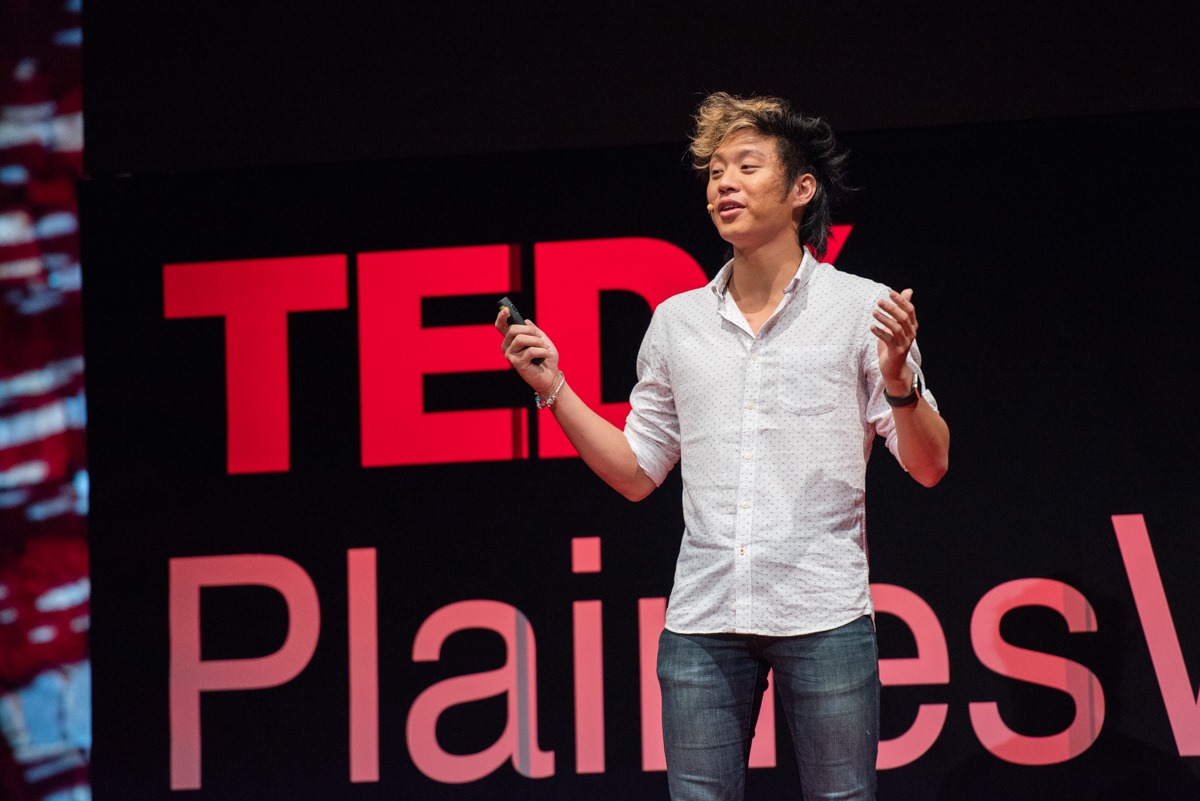Accounting for incomplete concepts in Concept Bottleneck Models
This is my CS 221 (Foundations and Principles of Artificial Intelligence) project, along with my project partner Irena Gao.
INTRODUCTION
Imagine a hospital is using a deep learning model to grade knee osteoarthritis from x-rays. Ideally, an expert radiologist could collaboratively interact with the model. If, at test-time, the radiologist disagrees with the model about some prediction, she might want to query why the model made its decision — did the model detect joint space narrowing that she missed? Alternatively, she might want to intervene on the model — would the model change its prediction if she declared that there was no narrowing? Recently, Koh et al. (2020) proposed Concept Bottleneck Models, a framework for models that support this kind of interaction. In a Concept Bottleneck Model (CBM), a network first learns to predict meaningful high-level concepts(e.g.joint space narrowing in knee x-rays) before predicting the final target (e.g.osteoarthritis severity). Importantly, our radiologist can intervene on a CBM at test-time by overriding the predicted concepts with her own judgement. In this project, we extend the CBM paper to account for incomplete sets of concepts while preserving the effectiveness of test-time interventions. Specifically, we increase the width of the concept bottleneck layer to predict both specified concepts and unspecified latent concepts. The final prediction is based on both. To preserve the effectiveness of interventions, we limit the network’s reliance on the latent concepts using regularization.
Click here for the full paper